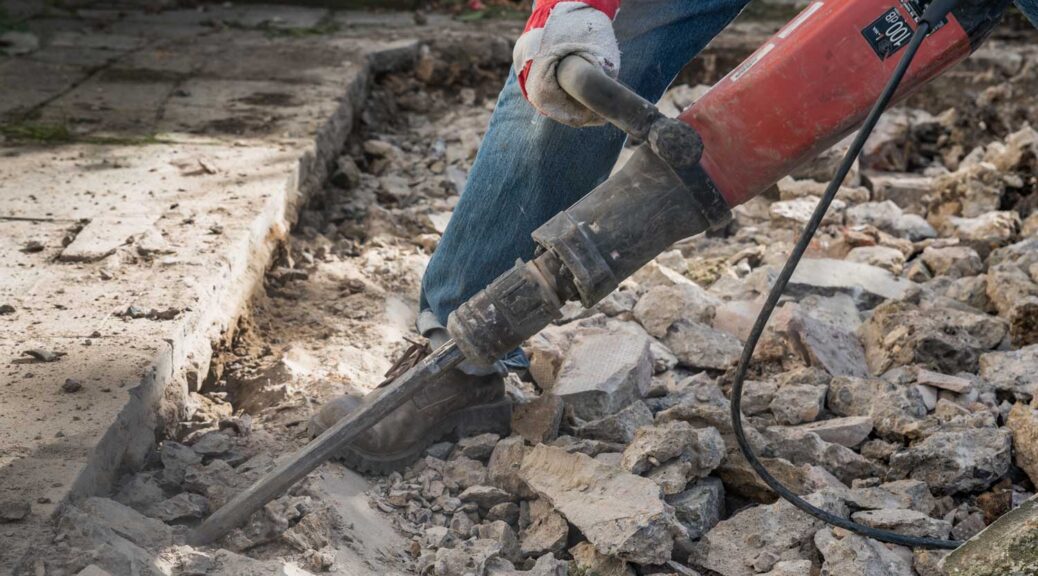The Ultimate Checklist Before Booking a Demolition
Building demolition requires more than hiring a contractor and starting work. There are several crucial measures to ensure a smooth, legal, and safe process. Overlooking permits, site safety, and other details can delay or increase project expenses. Prepare a plan before calling a contractor. Being ready for a household or commercial remodel is crucial. Avoid delays by including demolition in your early planning.
1. Check Permits and Laws
Understanding local laws is the first step before hiring demolition services. Every municipality has various laws.
- Local government permits are required.
- Zoning laws must allow destruction.
- Review environmental standards, especially for asbestos- or lead-based-painted older structures.
- Contact utilities before disconnecting water, gas, and electricity.
Fines and project delays might occur from not following these required steps.
2. Evaluate Structure and Site
Before starting construction, evaluate the structure to avoid safety dangers and surprises.
- Get a structural engineer or building inspector to check stability.
- Find dangerous materials.
- Assess machinery and debris removal site access.
- Check surrounding buildings’ closeness.
Your contractor may plan the safest and most efficient demolition approach based on site limits.
3. Select the Right Demolition Method
Not all demolitions are alike. Methods vary by structure type, location, and function.
| Method | Best For | Equipment Used |
| Mechanical | Large buildings, quick teardown | Excavators, bulldozers |
| Manual (Deconstruction) | Smaller, delicate structures | Hand tools |
| Implosion | Large commercial structures | Controlled explosives |
Consult with your contractor about the best strategy for your job and budget and timetable.
4. Plan Recycling and Waste Management
Demolition waste is massive. A disposal and recycling plan will help you manage this and cut costs.
- Sort wood, metal, and concrete for recycling.
- Remove rubbish with a waste management service.
- See whether your community offers green demolition incentives.
- Use licensed professionals to handle dangerous items.
Sustainable techniques reduce landfill fees and protect the environment.
5. Plan Post-Demolition Activities
After the structure, the work continues. To ready the site for use, there are necessary steps.
- Site cleanup and debris removal.
- Land grading and soil testing.
- Local officials verify site readiness.
- Readying for building or landscaping.
Discuss these actions with your contractor to avoid delays in the next project phase.
Conclusion
Being diligent before booking a demolition project assures safety, compliance, and efficiency. Each step is critical to reducing risks and keeping on budget. Double-check permits, know your site, choose the correct methods, and prepare for waste and rebuilding. When done well, demolition creates new opportunities rather than obstacles.
